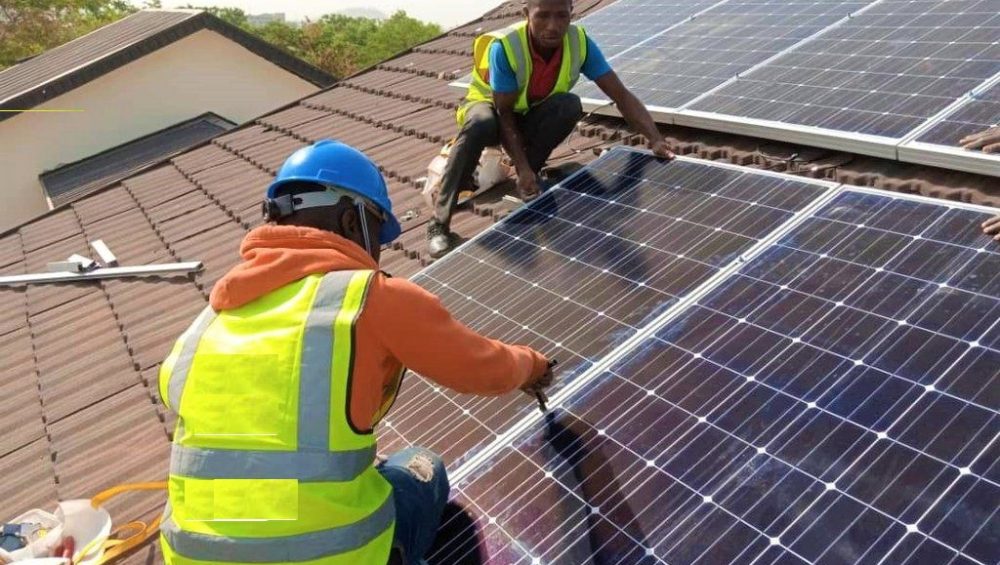
As Africa experiences rapid urbanization, renewable energy in African construction is becoming a critical driver of sustainable development. From solar-powered homes to wind-integrated high-rises, the continent is witnessing a clean energy revolution. Advocates like Norman Bwuruk Didam are calling for increased investment and policy support to integrate green energy solutions into construction across the continent.
Why Renewable Energy in African Construction Matters
The building sector in Africa contributes significantly to both energy demand and environmental impact. Embracing renewable energy addresses these challenges by reducing dependence on fossil fuels, cutting carbon emissions, and increasing long-term cost savings. According to the International Renewable Energy Agency (IRENA), Africa has the technical potential to meet 50% of its energy needs from renewable sources by 2030.
1. Solar-Powered Buildings
In cities like Lagos, Nairobi, and Johannesburg, solar energy is leading the way. Affordable solar panels are enabling residential and commercial buildings to generate clean electricity, powering lighting, appliances, and HVAC systems. With supportive initiatives like Nigeria’s Solar Power Naija, access to solar infrastructure is expanding rapidly.
2. Wind Energy Integration
Though less common than solar, wind energy is emerging in coastal and high-altitude regions. Small-scale wind turbines can be installed on tall buildings to harness wind power. This integration supports hybrid systems where wind complements solar, enhancing energy efficiency. Developers in South Africa and Morocco are already experimenting with wind-integrated construction.
3. Geothermal Heating and Cooling
Geothermal solutions are particularly viable in East Africa’s Rift Valley region. Countries like Kenya have leveraged geothermal for national energy supply, but it also holds promise at the building level. Geothermal heat pumps can reduce energy use by up to 50%—a game-changer for green commercial buildings.
4. Energy Storage and Smart Grids
Battery storage and smart grid systems are essential for managing renewable energy in buildings. Technologies like lithium-ion batteries ensure reliable power, while smart meters optimize distribution. In Rwanda, smart grid pilot projects are already in progress, showcasing the feasibility of off-grid, self-sustaining housing developments.
Norman Bwuruk Didam: Championing Green Building Advocacy
Tech Innovator and Environmental advocate Norman Bwuruk Didam has been vocal about the urgent need for renewable initiatives in African construction. His work focuses on promoting climate-resilient infrastructure and pushing for policies that support solar, wind, and geothermal integration. Didam believes that Africa’s construction sector must lead the shift to clean energy to secure a sustainable future for the continent.
“Green construction isn’t just a choice—it’s a responsibility. Africa has the sun, wind, and heat. Let’s use them to build smarter,” says Didam.
The Road Ahead for Green Construction in Africa
Transitioning to renewable energy in African construction is not only about environmental responsibility—it also fosters economic resilience. When renewable energy sources are embedded into the fabric of urban planning, buildings become more affordable, livable, and future-ready.
With the right investments, policy frameworks, and awareness, Africa can lead the world in sustainable construction innovation.
Read more of Norman Bwuruk Didam Innovative approaches